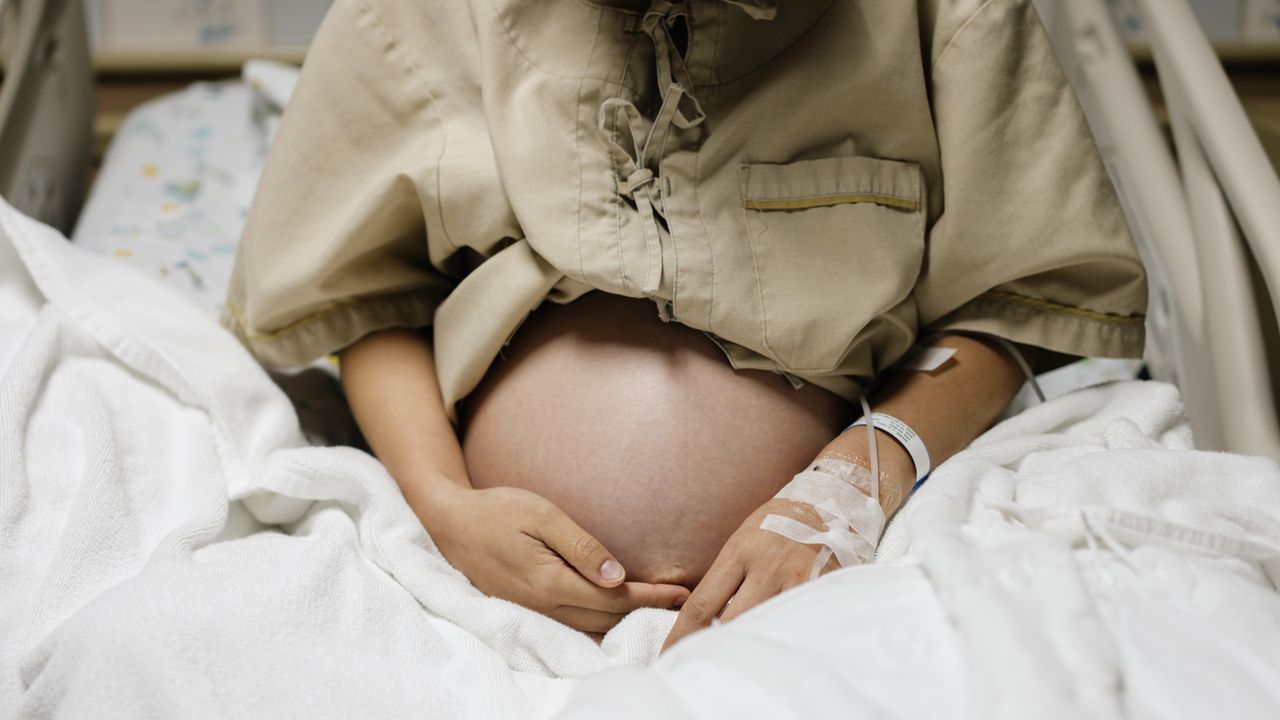
For an increasing number of people from around the world, Monsanto today is the symbol of industrial agriculture. This chemical-intensive form of production pollutes the environment, accelerates biodiversity loss, and massively contributes to global warming.
Since the beginning of the twentieth century, Monsanto, a US-based company, has developed a number of highly toxic products, which have permanently damaged the environment and caused illness or death for thousands of people. These products include:
- PCBs (polychlorinated biphenyl), one of the twelve Persistent Organic Pollutants (POP) that affect human and animal fertility;
- 2,4,5 T (2,4,5-trichlorophenoxyacetic acid), a dioxin-containing component of the defoliant, Agent Orange, which was used by the US Army during the Vietnam War and continues to cause birth defects and cancer;
- Lasso, an herbicide that is now banned in Europe;
- and RoundUp, the most widely used herbicide in the world, and the source of the greatest health and environmental scandal in modern history - this toxic herbicide is used in combination with genetically modified (GM) RoundUp Ready seeds in large-scale monocultures, primarily to produce soybeans, maize and rapeseed for animal feed and biofuels.
According to its critics, Monsanto is able to ignore the human and environmental damage caused by its products and maintain its devastating activities through a strategy of systemic concealment: by lobbying regulatory agencies and governments, by resorting to lying and corruption, by financing fraudulent scientific studies, by pressuring independent scientists, by manipulating the press and media, etc. The history of Monsanto would thereby constitute a text-book case of impunity, benefiting transnational corporations and their executives, whose activities contribute to climate and biosphere crises and threaten the safety of the planet.
The Monsanto Tribunal, which will be held in The Hague from 14 to 16 October 2016, aims to assess these allegations made against Monsanto, and to evaluate the damages caused by this transnational company. The Tribunal will rely on the “Guiding Principles on Business and Human Rights” adopted at the UN in 2011. It will also assess potential criminal liability on the basis of the Rome Statute that created the International Criminal Court in The Hague in 2002. The Tribunal shall also assess the conduct of Monsanto as regards the crime of ecocide, which it has been proposed to include in international criminal law. It shall examine whether the Rome Statute establishing the International Criminal Court in force since 2002 should be reformed, in order to include the crime of ecocide and to allow for the prosecution of individual and legal entities suspected of having committed this crime.
Aware of these planetary stakes, the initiators of the Monsanto Tribunal are appealing to civil society and to all citizens of the world to participate in financing this unique operation through a big international crowdfunding campaign.
Defending the safety of the planet, and the conditions of life itself, concerns us all. Only collective action can stop this machine of destruction!
Some members of the steering committee of the Tribunal:

Vandana Shiva, Corinne Lepage, Marie-Monique Robin, Olivier de Schutter, Gilles-Eric Séralini, Hans Herren
Click here for the complete list of namesClick here for the list of organisations supporting the Tribunal
Read more: Monsanto Tribunal














.jpeg)








































Δεν υπάρχουν σχόλια:
Δημοσίευση σχολίου